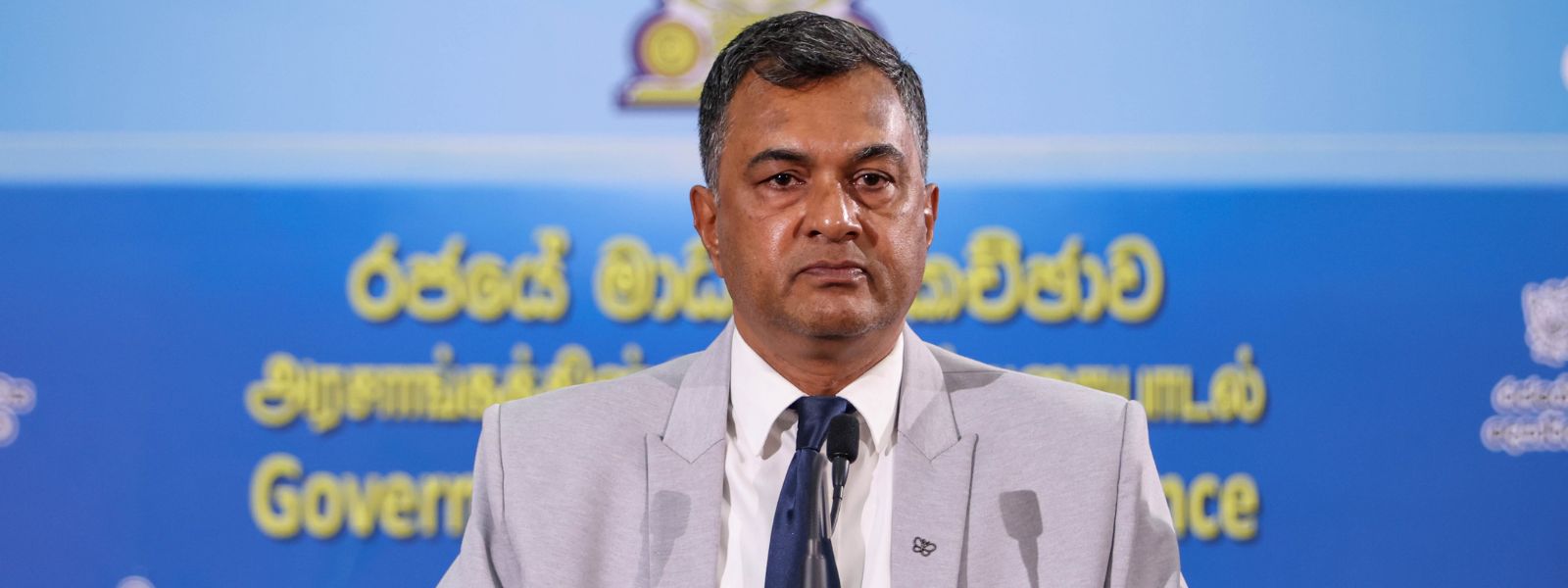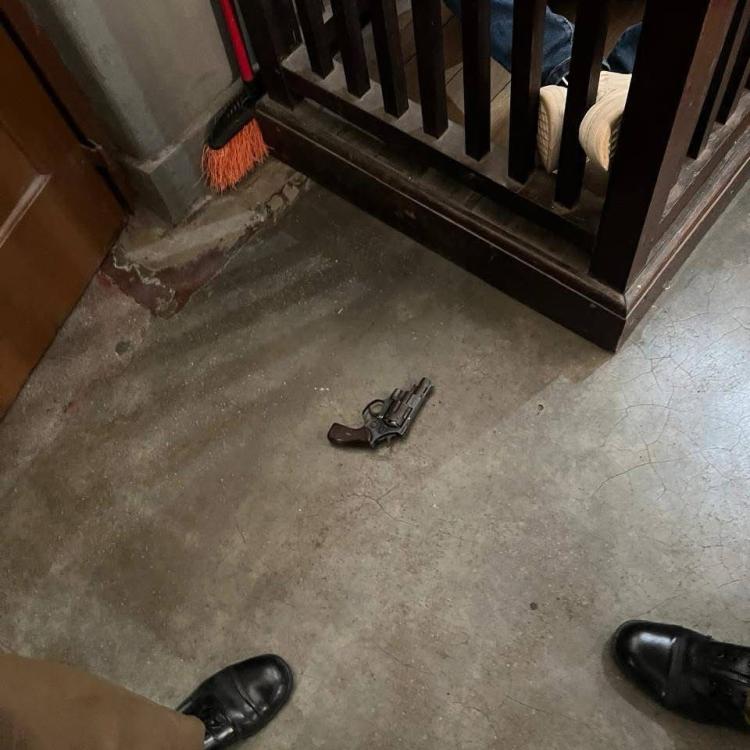
Sri Lanka’s Defence Secretary, Air Vice Marshal Sampath Thuyacontha (Retd), has issued orders for the immediate arrest of all armed forces deserters following a surge in criminal activities linked to former military personnel. This directive comes in response to a troubling increase in shooting incidents and organized crime involving individuals who have abandoned their posts after receiving weapons training.
The announcement was made during a press conference where Acting Inspector General of Police (IGP) Priyantha Weerasuriya and Ravi Senaviratne, Secretary to the Ministry of Public Security and Parliamentary Affairs, detailed the extent of organized crime in Sri Lanka.
Acting IGP Weerasuriya revealed that 58 organized criminal gangs, comprising approximately 1,400 individuals, are currently operating in Sri Lanka. These gangs are categorized into primary and secondary groups, with many being controlled by individuals based abroad.
“As a result of their overseas operations, we recorded 75 shooting incidents and 18 hacking murders in 2024. So far in 2025, there have been 17 shooting incidents and 5 hacking cases,” Weerasuriya stated. He also highlighted the involvement of security forces personnel in these criminal activities, noting that two police officers, one active-duty soldier, seven army deserters, and one air force member have been arrested for their direct or indirect roles in these crimes.
The Acting IGP emphasized that some criminals continue to operate from within prisons, while the Western and Southern Provinces remain the most active regions for these gangs.
The order comes just weeks after Sri Lankan president Anura Kumara Dissanayake admitted that "Sri Lanka is a criminal state," echoing the concerns of numerous human rights organisations regarding extrajudicial killings and systemic abuses perpetrated by state forces.
"There are a few in the military who are hired to go out and shoot to kill and come back to the camp," admitted Dissanayake in a public address last month. “This is the situation of the country. Therefore, this is a criminal state. It is a type of state where nothing can be trusted at any time.”
Defence Secretary Thuyacontha addressed the media, acknowledging that many individuals involved in recent crimes had unofficially left or been discharged from military service shortly after receiving weapons training. He confirmed that deserters who undergo short-term weapons training are more likely to engage in criminal activities, particularly with underworld gangs.
“We have confirmed through investigation that military officers who have illegally deserted the military before completing their full service period have a high probability of getting involved with the underworld,” Thuyacontha said. He added that a significant number of military personnel have deserted in this manner.
To address this, the Defence Ministry has ordered the arrest of all deserters through the military police. Thuyacontha also revealed that an audit of firearms has been conducted, with a significant amount now under the control of the Ministry of Defence.
The Acting IGP noted that Sri Lanka has received international support in combating organized crime, resulting in the extradition of 19 criminals from foreign countries. Additionally, 199 red notices, 90 blue notices, and 4 yellow notices have been issued for these criminals.
Ravi Senaviratne, Secretary to the Ministry of Public Security, highlighted the volatile situation among organized crime gangs, stating that their existence relies on illegal activities and support from certain corrupt political groups. “As law enforcement tightens its grip, these gangs resort to various tactics to evade capture,” he added.
When questioned about the involvement of active-duty military personnel in criminal activities, Thuyacontha admitted that some soldiers have been found to have ties to criminals due to economic difficulties and drug addiction. He claimed that measures are being taken to identify and arrest such individuals in the future.
The involvement of security forces personnel in criminal activities is not an isolated issue. Sri Lanka’s security forces have long been accused of complicity in gross human rights violations, including extrajudicial killings, enforced disappearances, and torture. The military carried out a genocide that killed tens of thousands of Tamils in 2009, with not a single person having been held accountable.

